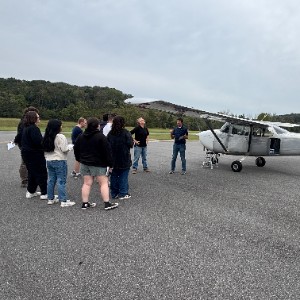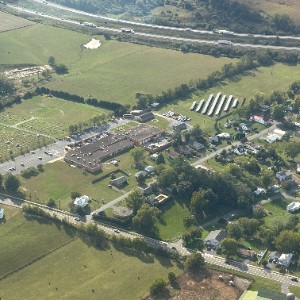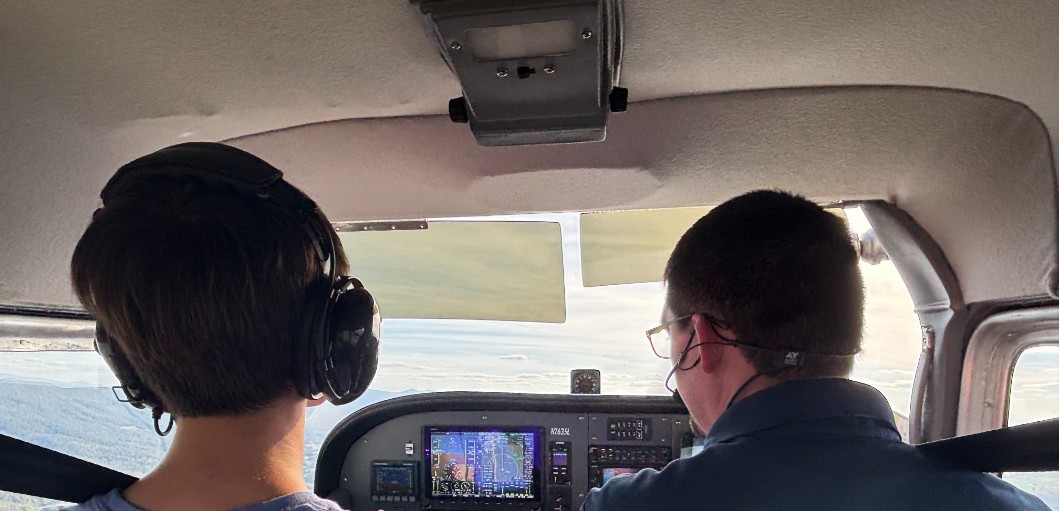Automotive Technology
4 months ago

AUTOMOTIVE TECHNOLOGY
Instructor: Ryan Judy
AUTOMOTIVE TECHNOLOGY:
In the Automotive Technology program, the student will have the opportunity to develop skills operating state-of-the-art test equipment such as: engine computer diagnostic analyzers, trouble code scanner testers, computer four-wheel alignment, computer wheel balancing, brake lathes, and more.
In the Automotive Technology program, the student will have the opportunity to develop skills operating state-of-the-art test equipment such as: engine computer diagnostic analyzers, trouble code scanner testers, computer four-wheel alignment, computer wheel balancing, brake lathes, and more.

Using the above equipment, the following job skills will be developed: engine diagnosis and tune-up, engine rebuilding, brake service, safety inspections, automatic transmissions, transaxles, standard transmissions, tires, suspension, and computer four-wheel alignment. In all, mechanical failure--bumper to bumper--can be covered. Twenty-five percent of the time is spent in book study, viewing videos, demonstrations, lectures, and VICA PDP (Vocational Industrial Clubs of America Professional Development Program.) Seventy-five percent of the class consists of hands-on lab experience.


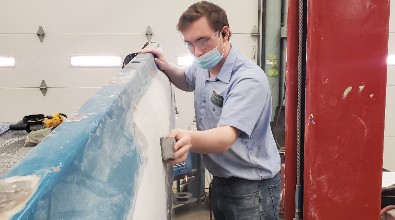
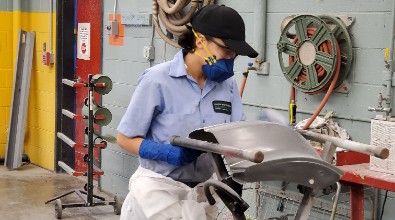



-ld12uw.png)







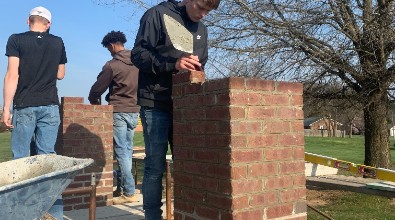

-at16dr.jpg)








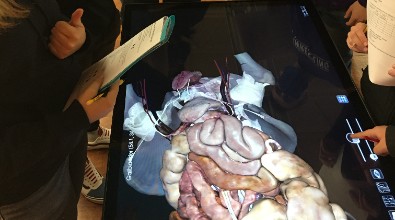



-e9ol7p.png)
-k9vcy1.png)
-807ud7.png)
-fppbx0.png)
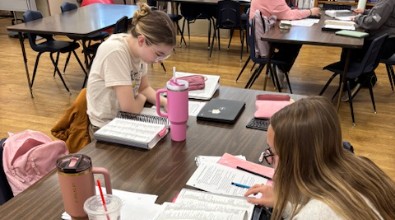

-yj8zd.png)
-tba7vv.png)
-o3ywn.png)






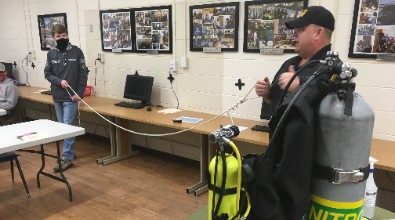




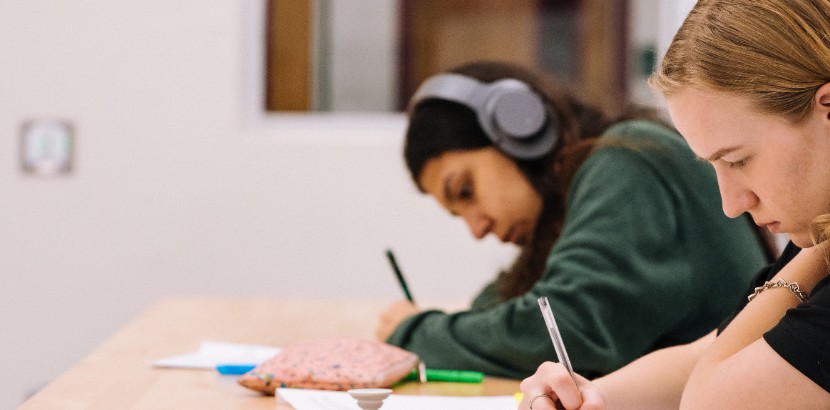
-t1464t.png)
